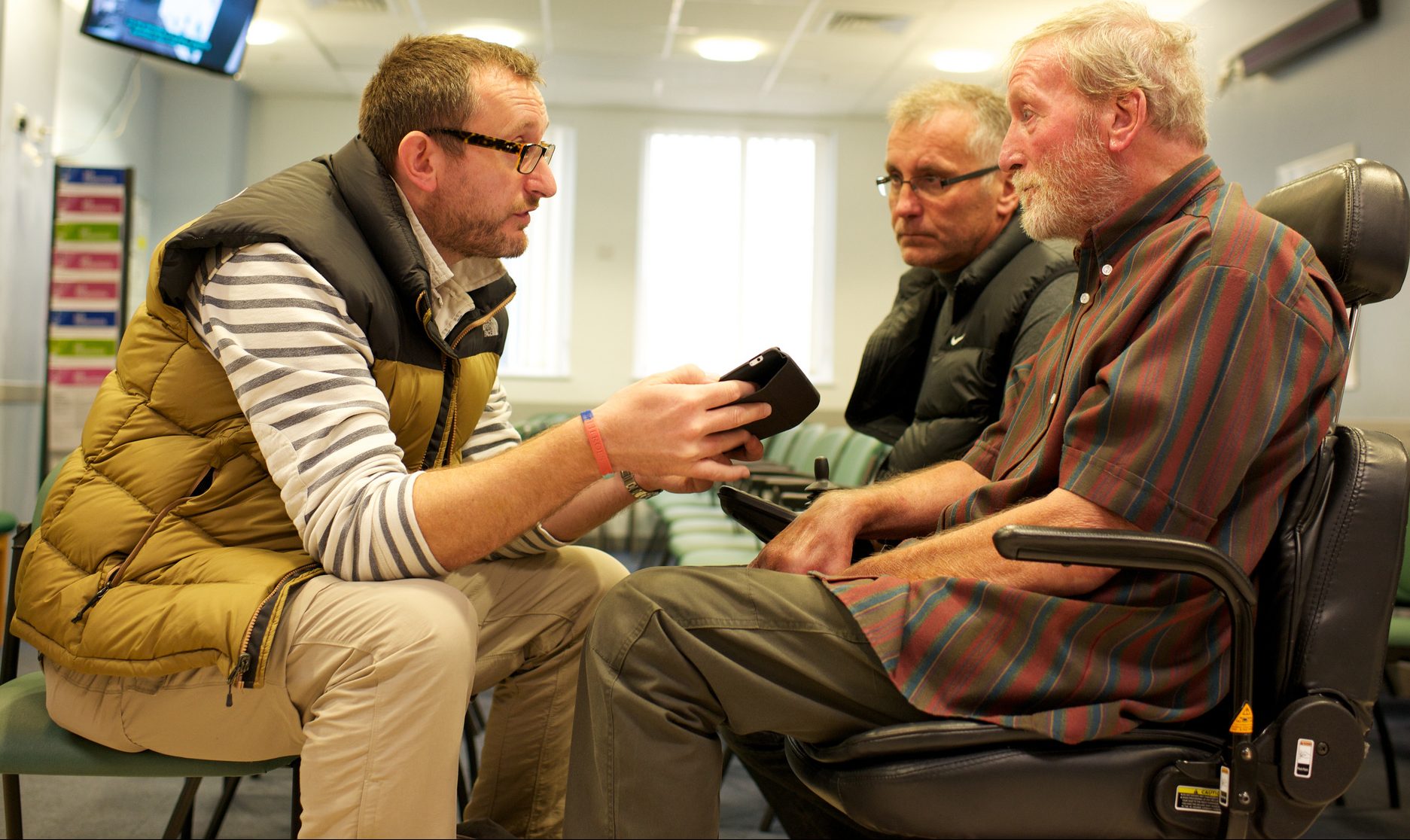TUDCA-ALS, a phase III clinical trial to determine whether TUDCA (tauroursodeoxycholic acid) in combination with riluzole can slow progression of amyotrophic lateral sclerosis (ALS), has recruited 220 out of the 440 participants.
Despite the global COVID-19 pandemic, the TUDCA-ALS trial continues to successfully recruit participants. We are pleased to announce that the trial has now recruited 50% of the participants.
The trial plans to recruit 440 participants across 7 countries in Europe: Italy, Germany, UK, France, Belgium, the Netherlands and Ireland. The study will investigate the use of TUDCA as an add-on treatment for ALS, also known as motor neurone disease (MND).
Professor Albanese, coordinator of the project, said
“I am excited to announce that, thanks to the continued hard work and dedication from all our clinical trial sites across the 7 countries, the TUDCA-ALS clinical trial has reached the halfway point in its recruitment. COVID-19 may have slowed down the anticipated speed of recruitment, but we are committed to continue recruiting participants into the TUDCA-ALS trial until we have reached the expected target. “
After the outbreak of COVID-19, the TUDCA-ALS consortium has introduced alternative procedures to continue servicing patients and ensure trial continuation, while at the same time reducing possible exposure to the risk of contagion. The TUDCA-ALS consortium is now committed to ensure that the 440-participant target is met as originally planned, despite the pandemic.
If you would like to learn more about the study and how to take part, please visit www.tudca.eu.







